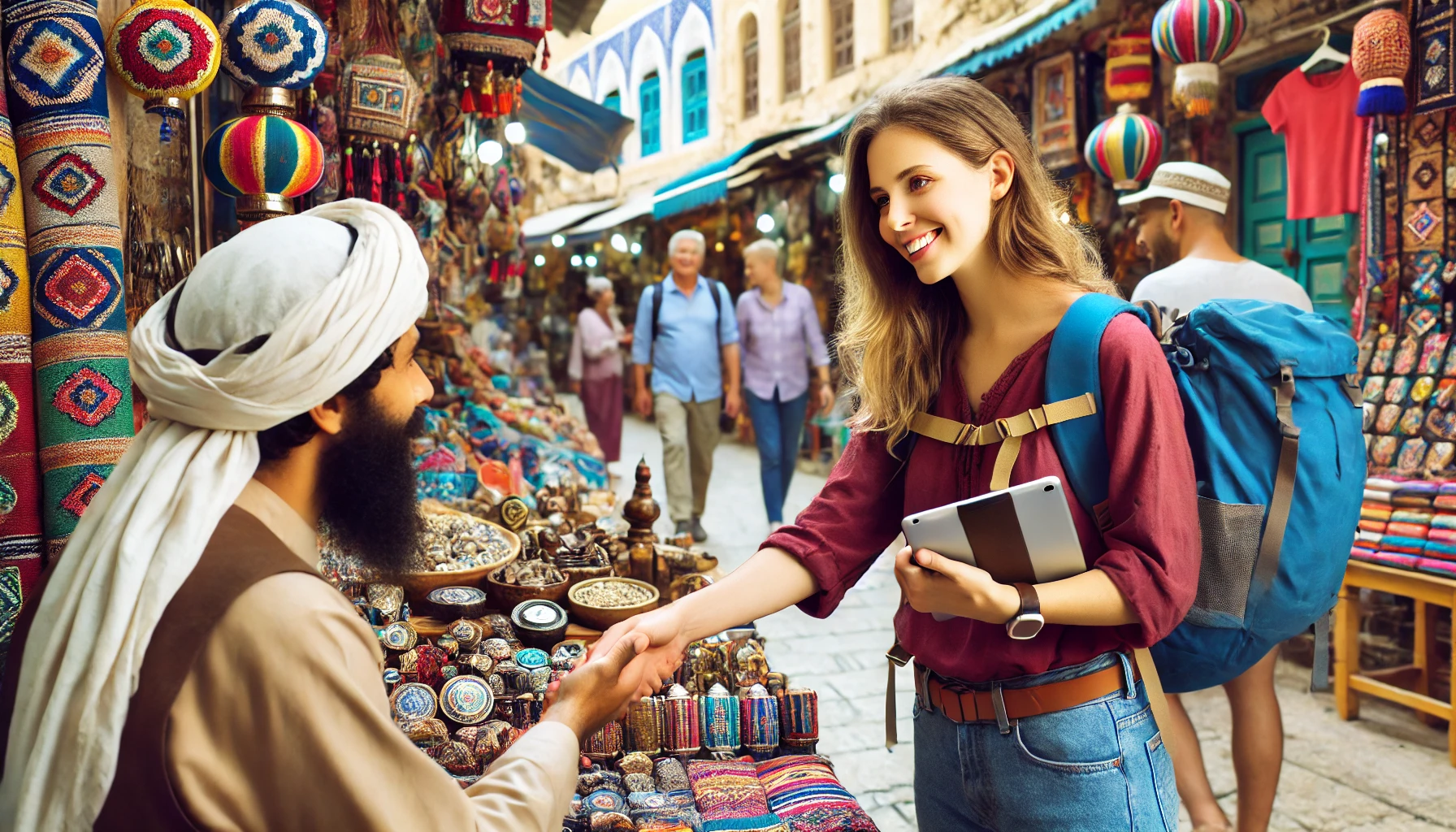Traveling to a new country is an exciting opportunity to immerse yourself in different cultures, traditions, and ways of life. However, respecting local customs is essential to having a positive and enriching experience. Here’s a guide to the do’s and don’ts of cultural etiquette to keep in mind when traveling abroad:
1. Do Research Before You Go
Understanding the basics of a culture can prevent unintentional offenses.
- Customs and Traditions: Learn about greetings, dining habits, and dress codes.
- Laws and Regulations: Familiarize yourself with local laws to avoid trouble.
- Taboos: Identify actions or topics that might be considered disrespectful.
Example: In Japan, it’s polite to bow when greeting someone, while tipping may be seen as unnecessary or offensive.
2. Don’t Assume Everyone Speaks Your Language
Making an effort to communicate in the local language shows respect.
- Learn Key Phrases: Greetings, “thank you,” and “please” are great starting points.
- Use Translation Apps: Tools like Google Translate can help bridge language gaps.
Tip: A smile and polite gestures can go a long way in fostering goodwill.
3. Do Dress Appropriately
Clothing can convey respect or disrespect depending on the culture.
- Religious Sites: Cover shoulders and knees when visiting temples or churches.
- Local Norms: Observe what locals wear and adjust accordingly.
Example: In conservative countries, wearing modest clothing is often expected.
4. Don’t Be Loud or Disruptive
Keeping a low profile shows consideration for the local environment.
- Public Spaces: Avoid speaking loudly or drawing unnecessary attention.
- Sacred Places: Maintain silence and reverence in religious or historical sites.
5. Do Follow Dining Etiquette
Table manners vary widely around the world.
- Chopstick Rules: In many Asian countries, it’s rude to point chopsticks or leave them stuck in food.
- Tipping: Learn the tipping culture—some countries include service charges, while others don’t expect tips.
Pro Tip: When dining with locals, observe and follow their lead.
6. Don’t Photograph Without Permission
Be mindful of people’s privacy and cultural sensitivities.
- Ask First: Always request permission before taking photos of locals.
- Restricted Areas: Avoid photographing military sites, government buildings, or sacred locations.
Example: In some cultures, taking photos of children without consent is strictly prohibited.
7. Do Respect Personal Space
The concept of personal space varies between cultures.
- Close Proximity: Some cultures value closeness, while others prefer distance.
- Physical Contact: Avoid touching strangers unless it’s culturally appropriate.
8. Don’t Neglect Local Laws and Customs
Ignorance of the law is not an excuse for breaking it.
- Prohibited Items: Check what items are banned in the country you’re visiting.
- Behavioral Laws: Learn about restrictions on things like chewing gum, smoking, or public displays of affection.
Example: In Singapore, chewing gum is heavily regulated to maintain cleanliness.
9. Do Support Local Businesses
Engaging with the local economy is a respectful and sustainable way to travel.
- Eat Local: Try traditional dishes at locally-owned restaurants.
- Shop Local: Purchase handmade crafts instead of mass-produced souvenirs.
Being a Respectful Traveler
Traveling respectfully not only enhances your experience but also fosters positive interactions with locals. By being mindful of cultural differences and showing appreciation for traditions, you’ll create meaningful memories and leave a good impression wherever you go.
